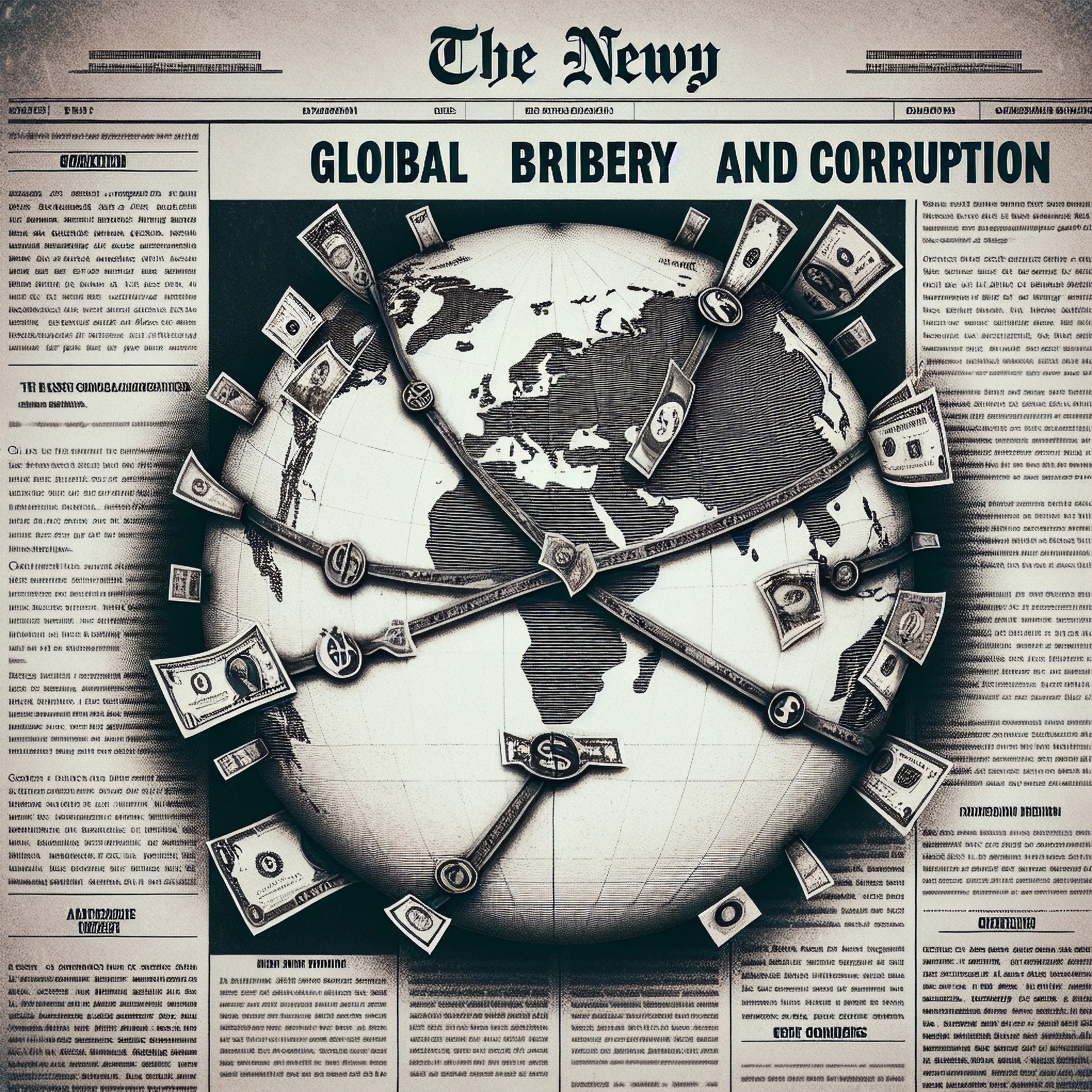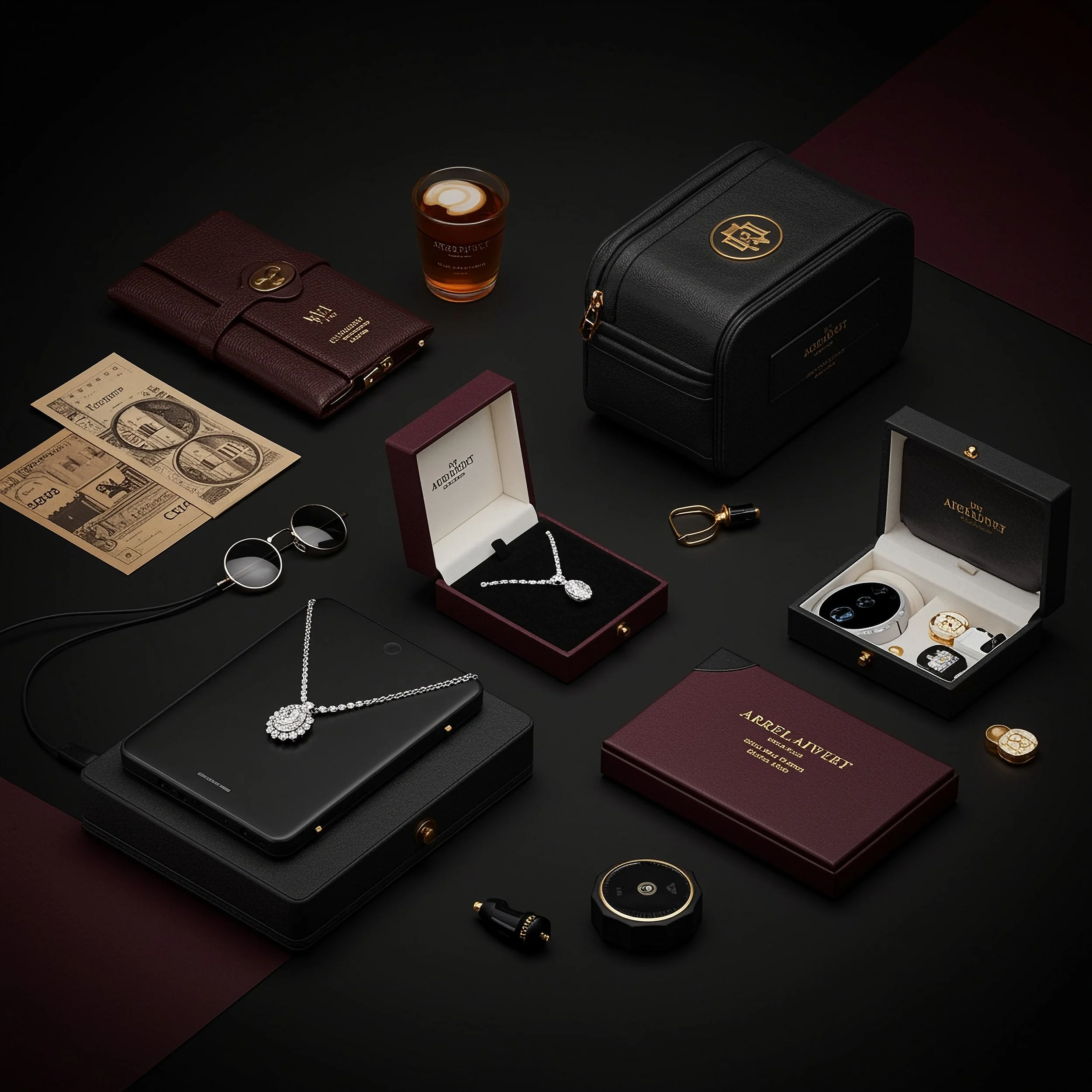Anti-bribery and corruption: How to manage gifts and hospitality in business
Gifts and hospitality are often a cordial part of a business relationship. But directors need to be aware that failing to deal with gifts and hospitality in the right way could lead to allegations of bribery and corruption. In the worst-case scenario, directors or employees can end up in prison for accepting gifts that are considered to be bribes.
What is a gift?
A proper or bona fide gift is given without expectation of something in return. It could be in the form of: money, vouchers, goods, or services.
It becomes more akin to a bribe when there is an expectation of something in return. Bribes may be dressed up as gifts, but if there is a tacit understanding that the gift is a route to more favourable treatment, then it is no longer a bona fide gift.
Hospitality and entertaining
During a hospitality event, the host must be present. Otherwise it’s a gift. Directors may take clients to sporting events, or social events, or meals out for example.
This is an accepted part of business, but it needs to be recorded and documented in the right way to maintain transparency and avoid allegations of bribery and corruption.
Managing a tender process
One of the sinister ways that gifts and hospitality have been used for criminal purposes is to influence the outcome of a tender process and help a particular contractor win the contract.
It’s worth emphasising that this is a criminal offence. Sharing inside information to help a particular contractor may be an offence. Awarding a contract to somebody because they paid you a kickback is an offence.
Under the Bribery Act 2010, it is a criminal offence for employees in an official capacity to accept any gift or consideration as an inducement or reward for:
doing or not doing anything; or
showing favour or disfavour to any person.
That includes helping a contract win a contract, or gain inside information.
Penalties
The penalties for bribery and corruption under the Bribery Act 2010 include up to 10 years’ imprisonment, and / or an unlimited fine for individuals. For organisations, it’s an unlimited fine, and they may be barred from bidding for public contracts in the future.
In any event, there’s huge reputational damage if an individual or an organisation is accused of, or associated with, bribery and corruption.
Guidance for businesses
Gifts are permitted when they are transparent, proportionate, and reasonable. Transparency is key here, so a few tips for businesses to stay on track:
Policies and procedures
Have clear written policies on what employees and directors should do if and when they give or receive gifts or offers of hospitality.
Maintain a Gifts and Hospitality Register
Make sure all gifts and hospitality are fully documented. Each expense should be recorded in the register, giving details of its purpose, the approvals given, and the value.
Training
Give your employees regular training on bribery and corruption and how to deal with gifts.
Reviews
Your management should review the effectiveness of your policies regularly and provide a report to the board or a board committee.
How we can help
If you’d like any help with putting effective policies in place to protect your business against bribery and corruption, please do get in touch with one of our experts at Harewood Law.
Contact us today, we work on both privately funded and serious Legal Aid cases across Leeds, Bradford, Halifax, Wakefield, Huddersfield, Keighley and across West Yorkshire and the UK.
0333 3448377 | info@harewoodlaw.com



